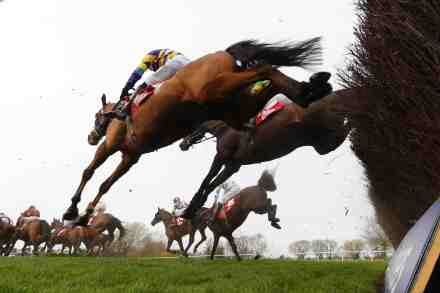The art of shooting (and cooking) game
I love game, me. Not the great game, of course, which is football. But game, real game, the sort that was running about in hedgerows and copses, and in fields of spent brassicas and wintry stubbles, until you shot it. At this time of year there’s nothing better, to my mind, than a day out in the country with a gun and a dog, shooting a few brace of pheasant or duck, and then taking them home for a bit of butchery. People talk about from farm to fork. Good for them. I think from trigger to tongue is even better. I know that butchery sounds grisly and may be




















